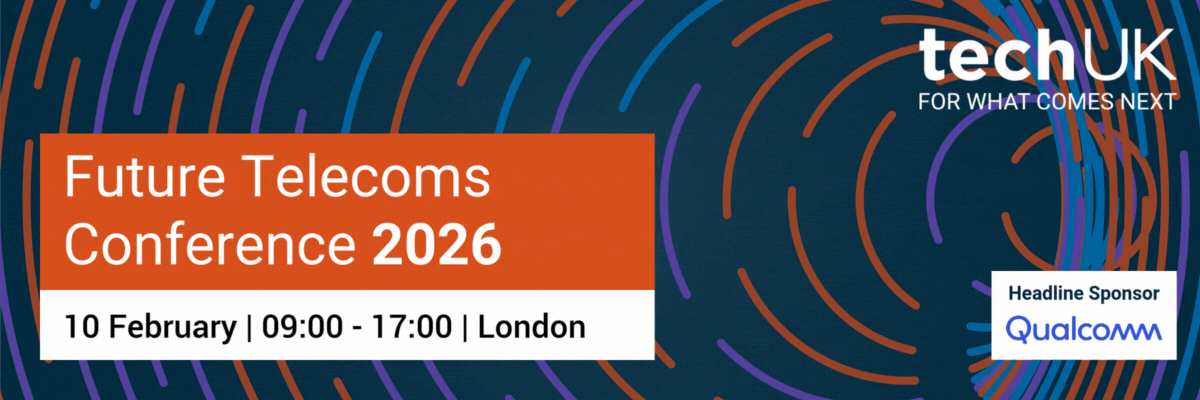Trade, Internet Governance and Standards Team - Digital Technical Standards Researcher
This role would sit in the DSIT Trade, Internet Governance and Standards (TRIGS) Team, with particular focus on digital technical standards. The team concentrates within that on four priority technology areas - AI, telecoms, quantum and internet.
The team is currently drafting a refreshed Digital Standards Strategy which includes an ambition to develop a UK talent pipeline to ensure that UK expertise will continue to shape priority technical standards in global Standards Development Organisation (SDOs). Download the Secondee Specification document here.
Project overview: “UK talent pipeline for technical expertise in digital standards”
Civil service pay and career patterns, high turnover and natural attrition of expertise, alongside barriers to entry for new participants, mean that the long-term sustainability of the UK’s influence and ambition in global standards bodies is at risk.
It can take years to build up knowledge and technical expertise, and reputation within an SDO. Therefore we need long-term solutions to ensure HMG, civil servants and wider UK stakeholders (esp. industry) continue to engage in global SDOs and have the expertise and support to take up strategic roles when the opportunity arises.
DSIT, with wider WH partners, is seeking to develop a long-term UK talent pipeline that creates a clear path for UK civil servants, industry, researchers and innovators into global SDOs and ensures that they possess the skills and knowledge needed to meaningfully engage in standardisation, including in junior and senior leadership positions.
This project would build on initial scoping of policy options for a talent pipeline. It would aim to provide evidence-based policy recommendations in order for HMG to take action that will encourage the civil service, UK industry and wider talent to actively engage in global SDOs. While the focus will be on building a talent pipeline in the civil service and industry, the candidate will be expected to consider wider society, e.g. academics, regulators, etc. in their work.
Key responsibilities would include:
- Analyse what strategic roles will arise in global standards development in the next 5-10 years and what talent/profile is required in the future. Identify a strategy to ensure that there will be credible UK candidates to fill these roles.
- Explore barriers in civil service careers across government to the development and retention of technical skills, and - with WH partners - explore options to recruit, develop and retain this talent. There may be a wider landscape and need beyond digital standards. This should consider the current Government Science and Engineering (GSE) profession, and Digital, Data and Technology (DDAT) stream as possible building blocks.
- Develop paths and strategies to incentivise industry stakeholders, including SMEs and start ups, to actively contribute to global technical standards development and take up strategic roles in SDOs.
- Provide evidence-based and data-driven policy recommendations to identify ways to encourage more UK industry stakeholders and other stakeholders to participate in global SDOs, including young talent.
- Identify opportunities to reach out to a wider pool of experts in order to encourage engagement in global SDOs.
- Engage with businesses, industry associations, think tanks, academia and other key stakeholders to analyse push and pull factors for engagement in digital standard setting. Working with standards bodies (such as ISO, ITU or ETSI) and relevant stakeholders (such as BSI, NPL, etc.), identify ways to reach out to and encourage industry to consider standardisation as part of their business priorities.
Candidate specification:
A broad technology background is essential. Knowledge of the team’s priority technologies (AI, quantum, telecoms and internet) would be beneficial, as would some knowledge of the civil service and how it works. Experience working in global Standards Development Organisations (SDOs), such as ETSI, ISO, ITU or IETF, is desirable but not essential. Download the Secondee Specification document here.
Timing:
This role would start as soon as feasible and can be scoped for 6 to 12 months.
Capacity:
This role could be offered on a full time or part time basis. For part time work, the candidate would be expected to spend at least 2 days per week on DSIT work.
Register Your Interest:
Interested organisations should submit an expression of interest to both [email protected] and [email protected] or by clicking the button below.


